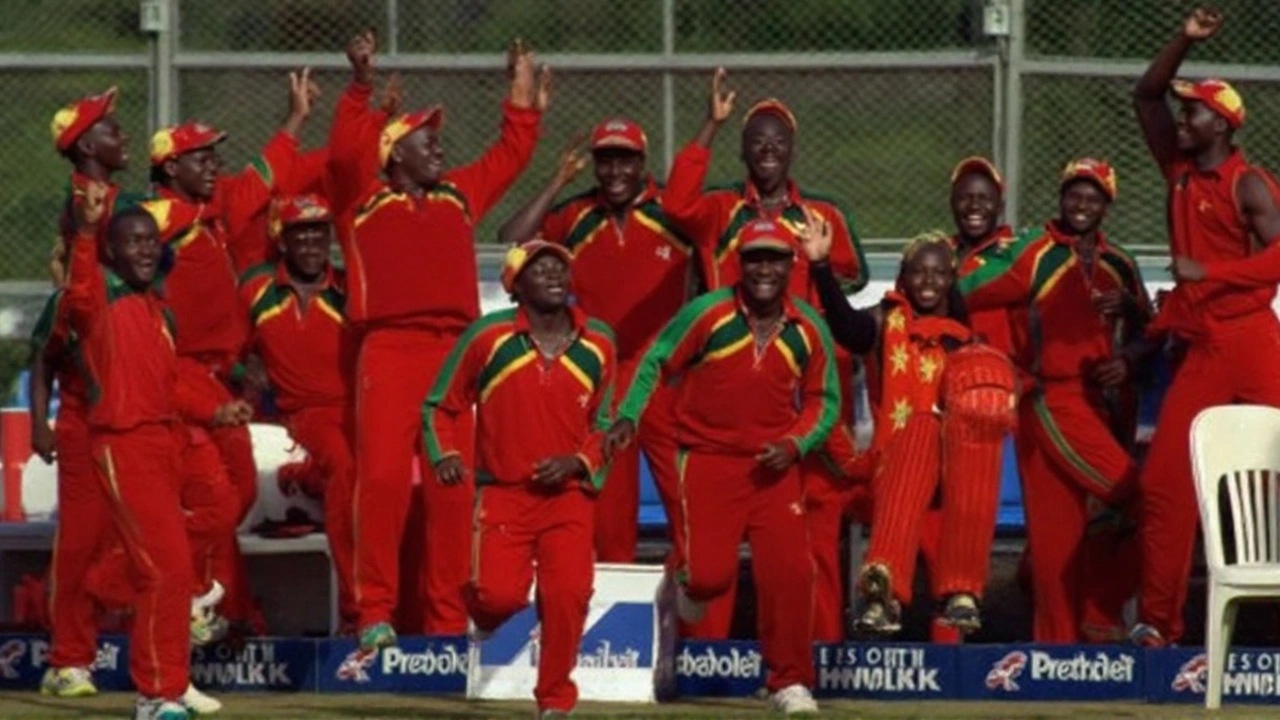September 2025 Archive: Cricket Heroes Who Stood Up
Welcome to the September 2025 roundup on Yoga Insights India. While we usually talk about yoga, this month we featured two powerful stories from the world of cricket that show how sport can become a platform for protest. Both pieces highlight athletes who used their fame to call attention to political turmoil, and they sparked real conversation among fans.
Rohit Paudel’s Dedication in Nepal
In early September, Rohit Paudel, a rising star in Nepal’s cricket scene, dedicated the nation’s first T20I win over the West Indies to the country’s recent protest martyrs. Paudel said the victory wasn’t just about runs on the board – it was a tribute to those who risked everything for a better future. He mentioned the ongoing demonstrations in Kathmandu and the calls for democratic reforms, linking the excitement on the field to the hope on the streets.
The article explained how Paudel’s comment resonated with young fans, especially Gen Z, who follow both cricket and activism on social media. By tying a sporting triumph to a political cause, he gave the win a deeper meaning that went beyond the scoreboard. The piece also provided a quick snapshot of the match: Nepal chased down 180 with three wickets to spare, with Paudel scoring a quick‑fire 45 off 28 balls.
Henry Olonga’s World Cup Protest
Later in the month we revisited the 2003 Cricket World Cup incident where Zimbabwe’s fast bowler Henry Olonga and captain Andy Flower wore black armbands to mourn the “death of democracy.” The story reminded readers that Olonga’s bold move cost him his international career and forced him into exile.
The article walked through the timeline: after the black‑armband protest, Olonga faced threats, lost sponsorships, and eventually left Zimbabwe for the UK. It also highlighted his later work as a commentator and humanitarian, showing that his stand still inspires athletes worldwide. By sharing personal quotes from Olonga, the piece gave a human voice to the sacrifice, making the historical event feel immediate.
Both posts underline a common theme – cricket can be more than a game. When players speak out, they can amplify a nation’s struggle, spark debate, and sometimes change the conversation around democracy and human rights. The archive page pulls these stories together, letting readers see how sport intersects with social issues.
If you missed any of the details, the full articles are still available in the archive. You can read about Paudel’s emotional interview, watch the match highlights, or dive deeper into Olonga’s journey from a feared fast bowler to a global advocate for liberty.
Stay tuned for more stories that blend sport, activism, and the kind of inner strength we often talk about in yoga practice. Whether you’re on the mat or watching a match, the message is clear: standing up for what you believe in matters.
Rohit Paudel dedicates Nepal’s win over West Indies to protest martyrs
Rohit Paudel dedicates Nepal’s first T20I win over West Indies to protest martyrs, linking sport triumph to the nation's recent political upheaval.
Henry Olonga: The fast bowler who risked everything for Zimbabwe’s democracy
In 2003, fast bowler Henry Olonga and captain Andy Flower wore black armbands at the Cricket World Cup to mourn the “death of democracy” in Zimbabwe. The protest ended Olonga’s international career and forced him into exile. Flower moved to England and coached at the highest level. Olonga rebuilt his life abroad, but his stand still defines one of sport’s boldest acts of conscience.

